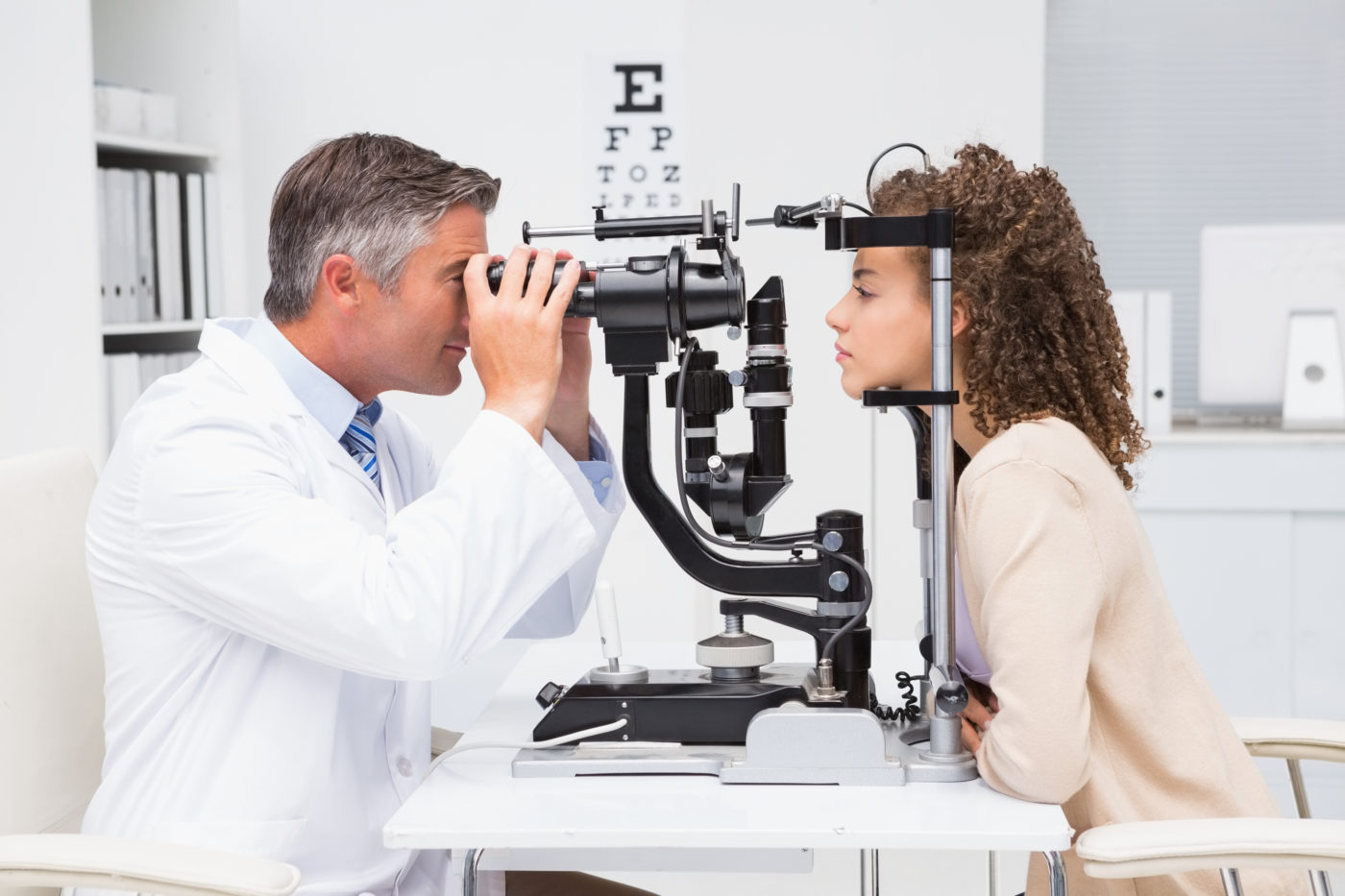Introduction
If you wear glasses or contact lenses, chances are you’ve been to an eye doctor. Or, you might be aware that eye doctors exist, but you don’t know what kinds there are.
Eye doctors are very important. Not everyone is born with 20/20 vision. In fact, most people aren’t. But with the proper prescription, most individuals can see well enough to live a normal life. Having the proper prescription can prevent problems like squinting to read, dealing with headaches, and having a difficult time reading or looking at a computer screen. Plus, in today’s digital age, blue-light filters are available to help reduce sensitivity to computer screens.
So, we know eye doctors are important, but what kind of eye doctor should you become? For this profession, you have three options. You can become an ophthalmologist, optometrist, or optician.
Treating peoples’ vision problems for a living can be a rewarding career. In today’s blog, we’re looking at the differences between the optician vs optometrist vs ophthalmologist professions. By the time you’re finished reading, you should have an idea of what kind of eye doctor you’d like to become.
The Optician vs the Optometrist
Optician
Opticians work with patients – and their eyes – all day, every day. But opticians aren’t doctors. In fact, you don’t even need a bachelor’s degree to become an optician, which is great if you want to enter your profession quickly.
But since opticians have very little education, they can only fit eyeglasses, contact lenses, and other vision-correction devices. Usually, this happens after a patient has seen the doctor and received their prescriptions. This is an important role in an eye doctor’s office. It allows optometrists to focus on conducting eye exams while opticians take care of the smaller details.
While you’re fitting glasses, you aren’t allowed to provide medical advice or answer questions beyond the scope of your education. However, it’s unlikely that a patient would ask you questions you couldn’t answer. The optometrist usually covers those bases.
Optometrist
When you go to the eye doctor, you’re typically seeing an optometrist. And while optometrists usually go by Dr. So-and-So, they’re doctors of optometry, not medical doctors. However, they can do a lot more than opticians can, including:
- Conduct vision tests and eye exams
- Prescribe and dispense glasses and contact lenses
- Detect eye abnormalities
- Prescribe medications for eye diseases
Becoming an optometrist requires a lot more education. First, you must earn your bachelor’s degree at an accredited, undergraduate institution. Then, you must earn your Doctor of Optometry (OD) degree. All in all, you’re looking at about eight years of education to conduct these eye examinations.
Optometrists also usually work in an office setting. You’ll typically go into private practice. Some eye doctors practice on their own, but many open a practice with other eye doctors. It’s easier to stay afloat that way.
The Difference Between Optometrist and Ophthalmologist
The ophthalmologist is the doctor. To become an ophthalmologist, you must earn your bachelor’s degree, go to medical school, complete an internship, and go through at least three years of training in a hospital-based residency program.
During your undergraduate years, you’re encouraged to major in Biology or Chemistry. And like any other medical school degree, you must take the MCAT and apply for medical school through AAMC. Finally, you must pass all of the USMLE exams to become a licensed ophthalmologist, in addition to meeting your state board requirements.
It’s a lot to go through to become a true eye doctor. But as an opthalmologist, you can do everything that an optician or optometrist does, and much, much more. Your training certainly allows you to do so. Being a medical doctor allows you to provide medical treatment and even perform eye surgery.
Ophthalmologists often work in private practice, but you’ll also work in hospital settings since you can perform surgery. Hospital settings come with being on-call for emergency surgeries, but emergencies rarely happen, so your schedule will stay lighter than most other doctors. The typical ophthalmologist works 30 to 45 hours a week. Those hours include time spent in the office and the hospital.
Salary
It’s not hard to make a decent living in the eye care profession. Of course, opticians will be the lowest-paying profession of the three since this job comes with the least amount of education and responsibility. It’s the optometrist vs ophthalmologist positions that will pay the most.
Optician Pay
We recommend searching the internet for “average optician pay near me” or “optician pay near Dallas, TX,” while changing the keywords to match your chosen field and work location.
Just don’t get too excited if you see an entry-level position that pays $50,000 annually. A lot of optometrist positions are labeled optician because the person posting the job doesn’t think about the difference between the two. Reading the job description can help you discern between optician vs optometrist positions.
Optometrist Pay
We recommend searching for “average optometrist pay near me,” just like we recommended for optician jobs because the pay greatly varies, and it’s all based on where you live. But a well-paying optometry position can easily start at $50,000 annually.
Ophthalmologist Pay
Obviously, the ophthalmologist is going to be the highest-paid profession of the three. In 2020, the average ophthalmologist made $378,000 annually. But keep in mind that the optometrist vs ophthalmologist pay varies so greatly because of the differences in education and job skills. Ophthalmologists are medical doctors that can perform eye surgery, after all.
Conclusion
All three professions within the optometry field can be very rewarding. If you want to become an ophthalmologist, you’ll have the same journey ahead of you as many of the pre-med students we see every day.
International Medical Aid is here to help you on your journey toward becoming an eye doctor. We offer medical school admissions consulting to pre-med students to help make the process a little easier. Medical school admissions consulting can be perfect if you aren’t sure how to get started, or you want someone to review your application.
We offer several tiers of consulting, so you’re sure to find the service that’s right for you. Please don’t hesitate to contact us with any questions you may have. We’re here to help you succeed! We wish you well on your journey to becoming an eye doctor.





